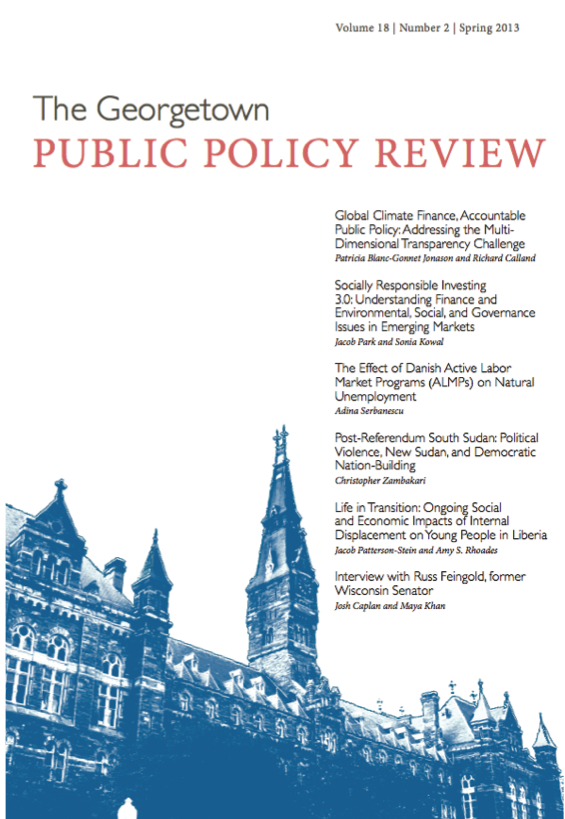By Jacob Patterson-Stein and Amy S. Rhoades
Displacement in Liberia has been a reality since 1989, when the first of two civil wars broke out. The effects of the conflict on the education and development of young people are well documented, but the splintering of communities between the capital Monrovia and the outlying counties has received less scrutiny. This paper argues that community-based groups are best situated to help the post-war generation born into the consequences of displacement in the West Point slum of Monrovia. Education programs for the post-war, liminal generation should follow community-driven development (CDD) methods designed to meet the needs of these young people and account for the negative externalities of Liberia’s large internally displaced youth population. This paper explores the theory and methods behind CDD within the context of international labor standards, which can act as a guide in program design and are particularly relevant for service delivery in Liberia, where child labor and informal employment are prevalent. Working within this context, using CDD methods, and presenting a case study of an NGO working in the West Point slum, the authors illustrate how policy interventions can be tailored to the highly dynamic and often unsafe world in which many post-war Liberian youth live.
Jacob Patterson-Stein is currently a first-year master of international development policy (MIDP) student at the Georgetown Public Policy Institute. Prior to attending Georgetown, he worked for Thomson Reuters and the More than Me Foundation.
Amy S. Rhoades works in the Skills and Employability Department of the International Labour Organization and is a volunteer with the More than Me Foundation.
